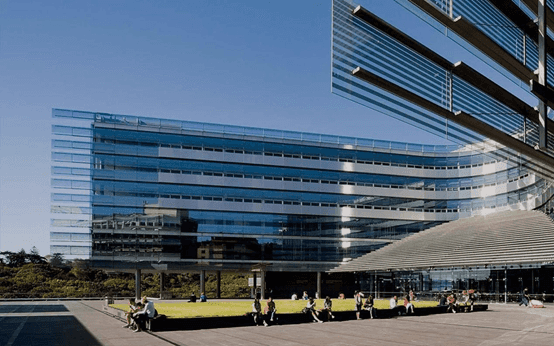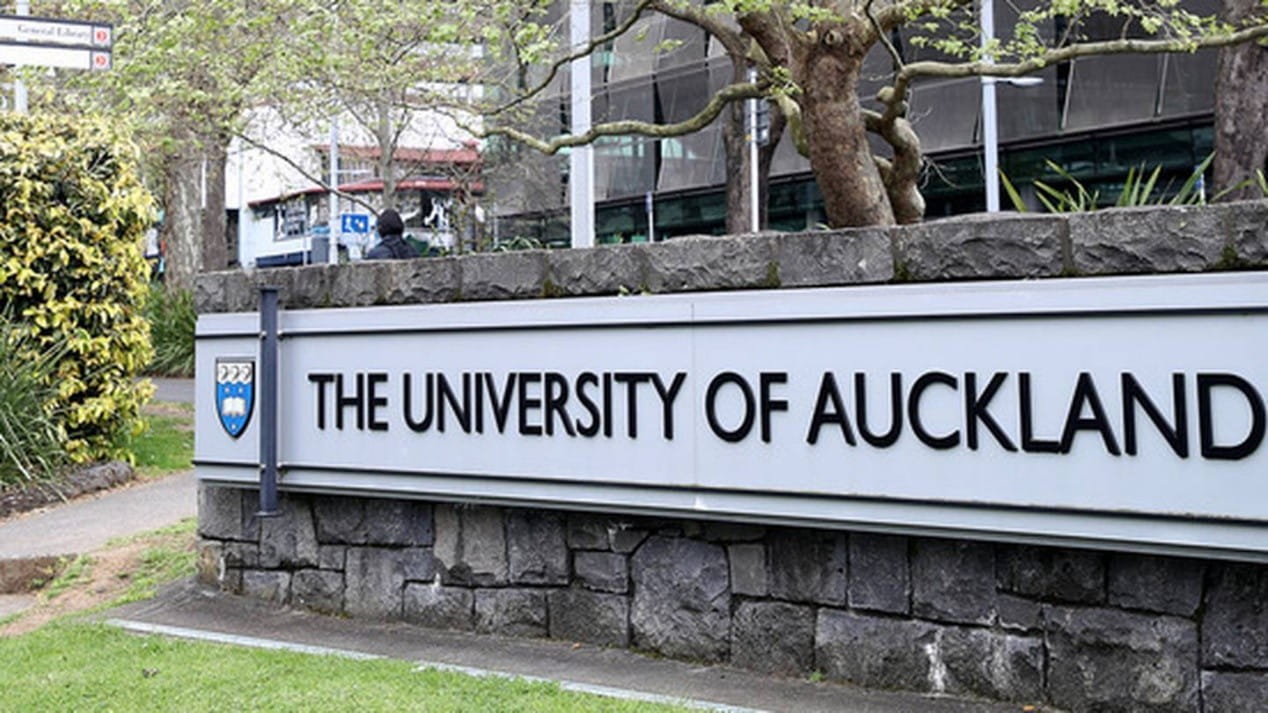Symposium Organizer:
Organizer:
Faculty of Medical and Health Sciences and Bioengineering Institute, University of Auckland
Chair:
Personal Bio:
Alan Wang is a principal investigator and Associate Professor at University of Auckland. He has more than ten years of research experience in bioengineering informatics and integrated medicine, especially in advancing the role of medical informatics in health care. His research interests include bioengineering, data informatics, neurocomputing, and biomedical statistics and simulation. He has developed medical data analytics methods for mobile health and personalized diagnosis and prognosis based on intelligent computing theories. He has experience analyzing huge cohorts of patient data with applications of early diagnosis, disease understanding, and effective treatment of patients with different disorders. He serves as an Editorial Board Member and an Active Reviewer for several international journals.
Call for Papers:
Background:
The Workshop on Sensor Technology and Multimodal Data Analysis 2025 offers a vital platform for researchers, engineers, and industry professionals to delve into advancements in sensor technologies and the complex landscape of multimodal data analysis. As sensor technology rapidly evolves, with applications spanning healthcare, environmental science, and smart cities, it is crucial to explore how multimodal data—integrating signals from diverse sources—can be effectively analyzed to unlock valuable insights. Positioned as a catalyst for interdisciplinary collaboration, the Workshop on Sensor Technology and Multimodal Data Analysis 2025 seeks to bring together experts to address the challenges of combining and interpreting data from multiple sensors and to foster innovations that drive actionable outcomes. Through shared knowledge and collaborative efforts, the Workshop aspires to advance research and applications in sensor-based multimodal data analysis, paving the way for transformative solutions in data-intensive fields.
Goal/Rationale:
The Workshop on Sensor Technology and Multimodal Data Analysis 2025 addresses critical challenges and recent breakthroughs in sensor technology and data fusion from diverse data streams. With the proliferation of IoT, smart devices, and intelligent infrastructure, there is a growing demand for sophisticated methods to integrate, analyze, and interpret data from various sensor sources. This workshop fosters a deep understanding of the latest advances in multimodal data processing, machine learning applications, and cutting-edge signal processing techniques. This workshop will feature recent research presentations, interactive panel discussions, and real-world case studies that showcase practical applications of advanced sensor technology and state-of-the-art multimodal data analysis algorithms. By creating a collaborative environment for idea exchange and exploration, this workshop aspires to drive innovation, inspire partnerships, and enable participants to push the boundaries of sensor-based data analysis, creating transformative impacts across multiple industries.
Scope and Information for Participants:
The Workshop on Sensor Technology and Multimodal Data Analysis 2025 invites contributions that delve into the latest advancements and challenges in sensor technology and multimodal data analysis. The workshop will cover a range of topics, from foundational sensor developments to innovative data fusion techniques, aimed at maximizing the potential of integrated, multisensory data systems.
Detailed research topics include, but are not limited to:
- Innovations in Sensor Design and Optimization for Multimodal Data Acquisition
- Machine Learning and AI for Sensor Data Processing and Interpretation
- Advanced Signal Processing Techniques to Improve Multimodal Data Quality and Reliability
- Data Fusion and Integration from Multiple Sensor Sources for Robust Analysis
- Applications of Multimodal Sensors in Healthcare, Environmental Monitoring, and Smart Infrastructure
- Challenges in Real-Time Data Analysis for IoT and Wearable Sensor Systems
- Emerging Technologies in Sensor Platforms for High-Precision, Low-Latency Data Capture
Topics
The main topics of this symposium are listed below.
Sensor and Data Analysis
- Sensor Technology
- Multimodal Data Analysis
- Data Fusion
- Signal Processing
- Machine Learning in Sensing
Meanwhile, submissions aligned with the overall conference theme are also welcome.
Environmental Science
- Atmospheric Environment
- Environmental Analysis and Methods
- Environmental Biology
- Environmental Catalysis
- Environmental Chemistry
- Environmental Climatology
- Environmental Microbiology
- Environmental Pollution
- Environmental Toxicology
- Environmental Governance and Management
- Maritime Environment
- Nano Materials and Nanotechnology
- Water Environment
Geoscience
- Engineering Geology
- Geochemistry
- Geographic Information System
- Geographical Environment
- Geo-microbiology
- Geophysics
- Natural Disasters and Engineering
- Natural Resource Management
- Repair Science
- Soil Science
Ecology
- Atmospheric Science
- Biome
- Climate Change
- Ecosystem
- Geography
- Geologic Record
- Geology
- Glaciology
- Hydrology
- Marine Pollution and Large Scale Solutions
- Meteorology
- Oceanography
- Physical Geography
- Plate Tectonics
- Volcanology
Bioscience and Bioengineering
- Agriculture, Aquaculture, Animal Husbandry, and Forestry
- Bio-Resources Utilisation
- Biodiversity
- Bioenergy and Biofuels
- Biomedicine, Biosystem, and Biochemistry
- Bioprospecting and Industrial Biology
- Conservation Biology
- Dynamic Stabilisation Law
- Electrical/Bio-Synthetics
- Food Biotechnology
- Food Nutrition and Health
- Food Process Design and Engineering
- Food Safety and Quality Control
- Land-Use Pattern
- Mechanical/Biosensor
- Omics, Bioinformatics, and Computational Biology
- Sustainable Development
- Techno-Biology and Bioengineering
Submission:
Prospective authors are kindly invited to submit full papers that include title, abstract, introduction, tables, figures, conclusion and references. It is unnecessary to submit an abstract in advance. Please submit your papers in English.
Each paper should be no less than 4 pages. One regular registration can cover a paper of 6 pages, and additional pages will be charged. Please format your paper well according to the conference template before submission. Paper Template Download
Please prepare your paper in both .doc/.docx and .pdf format and submit your full paper by email with both formats attached directly to [email protected]
Important Dates
| Process | Date & Time |
|---|---|
| Submission Deadline | June 9, 2025 |
| Symposium Date | June 16, 2025 |
| Notification of Acceptance | 7-20 workdays |
Publication:
Accepted papers of the symposium will be published in Theoretical and Natural Science (TNS) (Print ISSN 2753-8818), and will be submitted to Conference Proceedings Citation Index (CPCI), Crossref, CNKI, Portico, Engineering Village (Inspec), Google Scholar and other databases for indexing. The situation may be affected by factors among databases like processing time, workflow, policy, etc.
Publication info
Title: Theoretical and Natural Science (TNS)
Press: EWA Publishing, United Kingdom
ISSN: 2753-8818, 2753-8826 (electronic)
This symposium is organized by ICEGEE 2025 and it will independently proceed the submission and publication process.
The papers will be exported to production and publication on a regular basis. Early-registered papers are expected to be published online earlier.
Venue:
Grafton Campus, The University of Auckland, Auckland 1023, New Zealand

VISA:
Welcome to Govt.nz | New Zealand Government
Visas and travel
Check New Zealand government websites for official, up-to-date information about travelling to New Zealand, visas, and COVID-19.
Borders and visas
Immigration New Zealand have up-to-date information for people who:
- want to enter NZ
- are in NZ
- study in NZ
- want to start a business or invest in NZ
- are NZ employers.
New Zealand-visas — Immigration NZ(external link)
COVID-19 — Immigration NZ(external link)
Biosecurity and customs rules
Find out what you can and cannot bring into New Zealand.
Bringing things into New Zealand
Travelling to NZ by air
Travellers flying to New Zealand by air need to complete a Passenger Arrival Card to enter the country, which is handed out onboard your flight to New Zealand. Travellers no longer need to complete a New Zealand Traveller Declaration to enter New Zealand — this was part of New Zealand's COVID-19 entry requirements that were removed on 20 October 2022.
Help for New Zealanders overseas
Register with SafeTravel to receive alerts about important changes to travel advice.
Official registration for New Zealanders living and travelling overseas — SafeTravel(external link)
If you need emergency help, find out who to contact and what they can help you with.
Emergency help when you're overseas
Visitor visas and the NZeTA
-
Check if you need a visitor visa or an NZeTA
If you come to New Zealand on holiday, you'll need to get either an NZeTA or a visitor visa — unless you're an Australian citizen. -
How to apply for a visitor visa
If you come to New Zealand on holiday, you might need to apply for a visitor visa before you arrive. Work out what you need to do to apply. -
How
to request an NZeTA
Find out how to request an NZeTA (New Zealand electronic Travel Authority) and how much it costs. Allow 72 hours for your request to be processed. -
How
to pay the International Visitor Levy
Most people visiting NZ must pay the NZD$35 International Visitor Levy. You'll pay the IVL at the same time you pay for your NZeTA or visitor visa.
NOTICE:
Should your application be denied, the organizing committee cannot change the decision of visa officer, nor will ICEGEE engage in discussion or correspondence with the visa application center on behalf of the applicant. The registration fee CANNOT be refunded when the VISA application of individual being denied.
